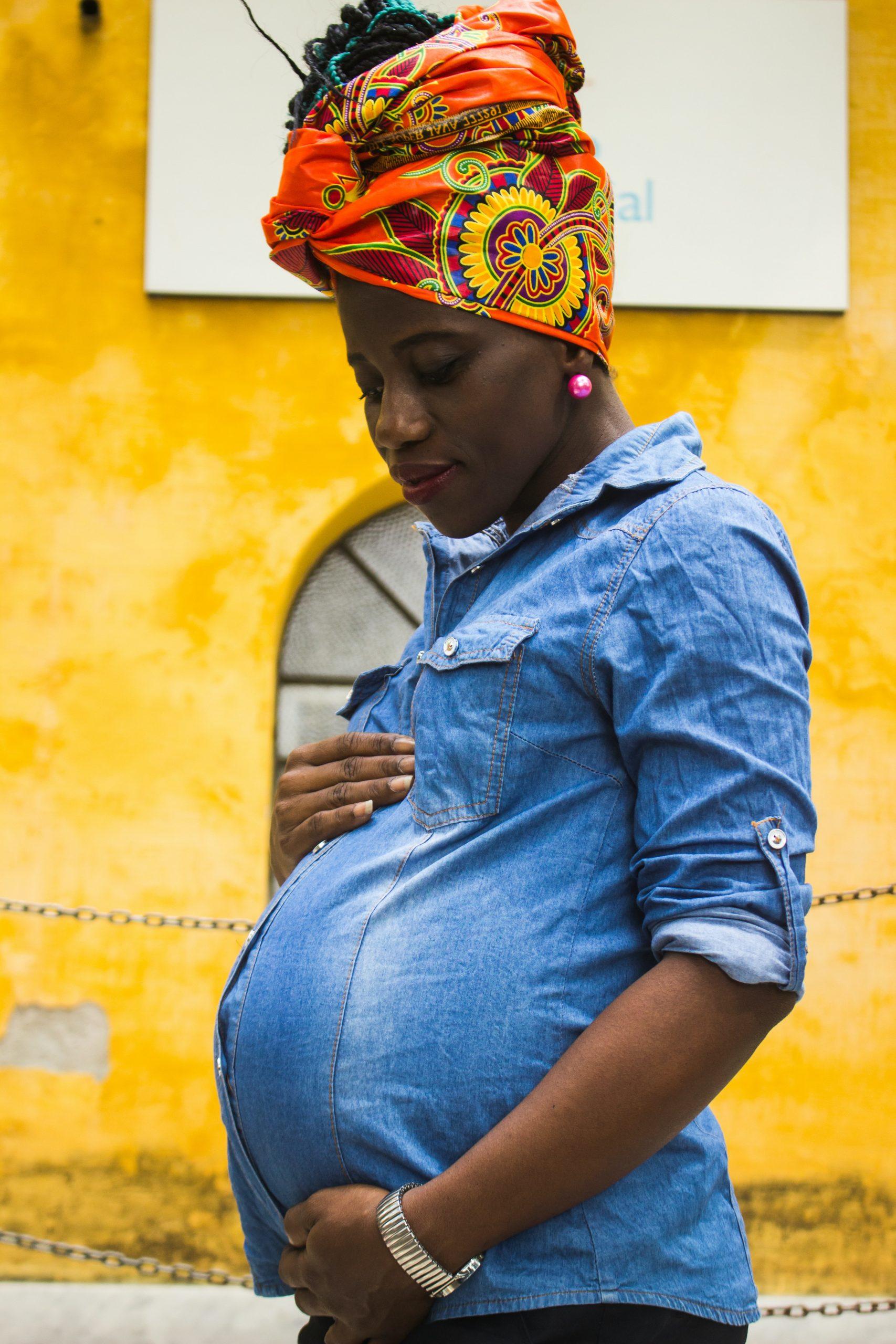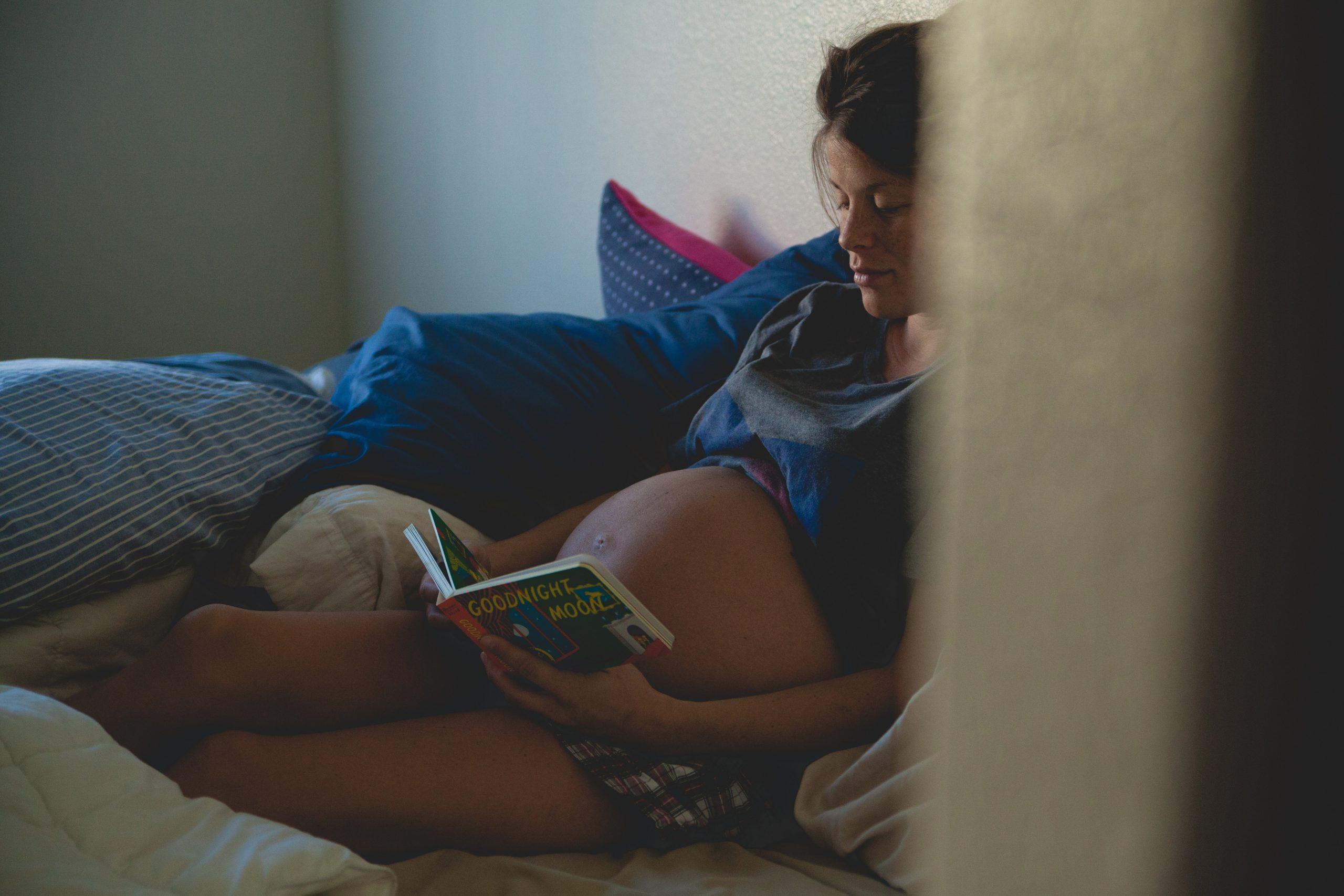How Women’s Health Advocates Are Tackling Rising Maternal Mortality Rates

Women today are more likely to die from complications due to pregnancy or childbirth than their mothers were— and that likelihood is only increasing in the United States.
The United States trails behind all developed nations in terms of maternal mortality, with about 700 women dying from pregnancy or childbirth-related complications each year, the CDC found.
While the maternal mortality rate is falling for women in other developed countries, the death rate has more than doubled in the United States since 1987— and Black women fare the worst. Black women are 3-4 times more likely than White women to die from pregnancy-related issues.
An estimated 60% of these maternal deaths are preventable, said Tina Sherman, campaign director of MomsRising. Sherman says “many hospitals have no standardized protocols or guidelines in place to prevent or even address the most common causes of maternal death.” There is also too little support for postpartum women, with inadequate access to paid leave and information about postpartum warning signs, Sherman explained.

Racial Disparity In Maternal Mortality Rates
Black women are 243% more likely to die from pregnancy or childbirth-related causes than White women, independent of age or education, according to ProPublica findings.
Additionally, biases and institutionalized racism impact the care women receive. The American College of Obstetricians and Gynecologists (ACOG) believes that a large part of eliminating preventable maternal deaths “involves addressing racism and racial bias in the provision of health care that has led to poorer health outcomes for Black women,” said ACOG CEO Maureen G. Phipps.
“ACOG firmly believes that dismantling systemic and structural racism requires working in collaboration with stakeholders at the federal, state and community level to achieve fundamental and lasting change,” Phipps added.
While global health experts agree that how people are treated during childbirth impacts the health and wellbeing of mother and child, one in six women report experiencing mistreatment during childbirth, including being shouted at or ignored. Rates of mistreatment for women of color were consistently higher, a study from the Reproductive Health Journal found.

Legislation Addressing Maternal Mortality
Physicians, midwives, politicians, and advocates are aggressively tackling this issue, starting at the top by sponsoring legislation that addresses maternal health. The Black Maternal Health Caucus was founded in Congress by Congresswomen Alma Adams to work towards issues like maternal mortality. Additionally, Lauren Underwood introduced the “Momnibus,” composed of nine individual bills to improve maternal health.
According to Sherman, these nine bills focus on making investments in areas including:
- social determinants of health
- funding to community-based organizations working to improve maternal health outcomes
- funding studies of maternal health risks
- growing and diversifying the medical workforce
- ensuring moms have quality prenatal care
- health care for incarcerated moms
- maternal mental health care
For those who care about addressing maternal health, calling your representatives and voting for good advocates is crucial, Sherman explained. “It is incredibly important to vote in this election,” she added. “When we talk about maternal health we see that moms are being disproportionately affected by the coronavirus, especially women of color. We need to exercise our right, take our voices to the ballot box and let our members of Congress know what’s important to us,” concluded the campaign director.

Social Determinants Impacting Maternal Mortality
Social determinants play a big factor in the disparity between Black and White mothers’ mortality rates. “Equity is such a problem because we don’t have access to universal healthcare,” said Donna Prosser, chief clinical officer of the Patient Safety Movement Foundation.
Social determinants of health can include access to educational and economic opportunities, access to health care services, availability of community-based resources, public safety, and exposure to crime and violence, according to the Office of Disease Prevention and Health Promotion.
“Community factors and the social determinants of health—access to health care services, health literacy and social support—directly affect maternal health outcomes,” said Mary-Ann Etiebet, executive director of Merck for Mothers. “In a country where Black women are three to four times more likely to die from complications during pregnancy and childbirth, we must pay special attention to the impact of race.”
These determinants start at the beginning of life, Prosser said, impacting development and the ability to learn and even have a nutritious diet. “The more we can set up our society so that these women are healthy and well-educated and able to provide for those children, the better,” Prosser said. “That’s what we need to focus on if we’re going to truly bridge the mortality gap.”

How You Can Be an Advocate
Medical errors in hospitals are the fourth leading cause of death in the United States. As a result, organizations like the Patient Safety Movement Foundation works with 4,700 hospitals worldwide to educate and coach hospitals, patients, and families to reduce deaths due to medical errors. This way patients and families have the ability to advocate for themselves and their healthcare.
“This is too big of a problem for clinicians and administrators to solve on their own,” Prosser said. “That’s why the Patient Safety Movement Foundation educates patients as well as practitioners, empowering them to own their healthcare. The root cause is a lack of patient-centered care, and we won’t be successful unless patients and families join us,” Prosser explains.
MomsRising also encourages women to come forward and share their stories, as too many have been ignored or dismissed, Sherman said. After Serena Williams told her story about her life-threatening postpartum complications, others were emboldened to share their experiences. Sharing these stories with other women, and with lawmakers, has a definite impact, and we can all come together to address this problem.
Above all, everyone needs to work together to address the pressing issue of rising maternal mortality. Physicians, grassroots organizations, legislators, and patients alike all must push for quality maternal healthcare— for all women.
“We cannot afford to look back on the next 10 years as the decade of picking up the pieces and rebuilding trust in the ability of health systems to deliver on essential services for women and children,” Etiebet explained. The executive director added that “we need rather to look back on the next 10 years as the decade of accelerating action because we all came together to do this.”






